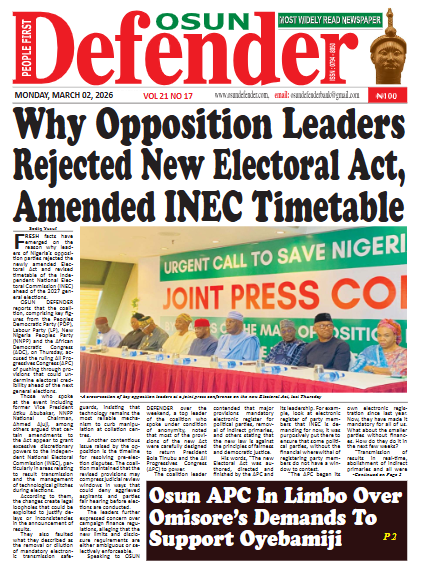25 Unity Schools get Solar Boreholes

The Minister of Education, Adamu Adamu, on Monday said the ministry provided solar-powered boreholes to 25 Federal Government Colleges in the six geo-political zones in 2016.
He made this known while defending the 2017 budget of the ministry before the Senate Committee on Education (Basic & Secondary) in Abuja.
The minister said that besides the borehole, the government also provided sanitary facilities as well as modern kitchen and dining halls to the schools.
“Some of the key achievements of the ministry in 2016 are the development of a roadmap for the education sector for 2016-2019.
“We also successfully implemented the Safe School Initiative Project with students of the Federal Unity Colleges located in the North-East integrated into other colleges across the country.
`There was also the development of teacher’s guide on teaching, learning and reading skills,’’ he added.
He, however, said that out of N13.7 billion appropriated to the unity schools in 2016, only N5 billion was released, representing 38 per cent of the budget, adding that the amount released was fully utilised.
On the 2017 proposal, the minister said the sum of N448 billion was proposed for the ministry and all the sub-sectors under it.
According to him, the ministry’s budget is 17.9 billion, parastatals, N38.5 billion; colleges of education, N43 billion; polytechnics, N61 billion; universities, N238 billion; unity colleges, N42.9 billion and UNESCO Paris, 510.8 million.
He pointed out that the ministry would ensure that the allocation was channelled towards rebuilding infrastructure.
According to Adamu, the ministry will focus more on rebuilding infrastructure in the North-East in view of the dire need of the region.
He assured that the ministry remained committed to creating a robust enabling environment for Nigerian children and youths to obtain quality education.
He stressed that this would enhance global competiveness in line with the Change Agenda of the present administration.
Adamu said that education was crucial to broad-based economic growth and poverty reduction.
“A vibrant education system has positive multiplier effects on other sectors such as health, power and agriculture.
“Education is the most potent ingredient of change and this administration remains resolute on the use of education to drive positive change.
“The vision of the ministry is to become an economy model, delivering sound education.
“We are committed to using education as a tool for fostering development of all Nigerians to their full potential in the promotion of a strong, democratic, egalitarian, prosperous, indivisible and indissoluble sovereign nation under God,’’ he said.
He said the ministry had the responsibility of supervising 21 parastatals and 86 federal tertiary institutions consisting 40 universities, 25 polytechnics, 21 colleges of education and 104 unity schools.
The minister said that the ministry had 19, 977 staff on its nominal payroll.
In his remarks, the Chairman of the committee, Sen. Aliyu Wamakko, expressed concern over the ministry’s level of implementation of the 2016 budget.
He said the committee would take a look at the presentation by the minister and call for further explanations where necessary.
The chairman said that the committee would not relent in its effort to reposition the education sector in view of its importance to national development.
NAN









